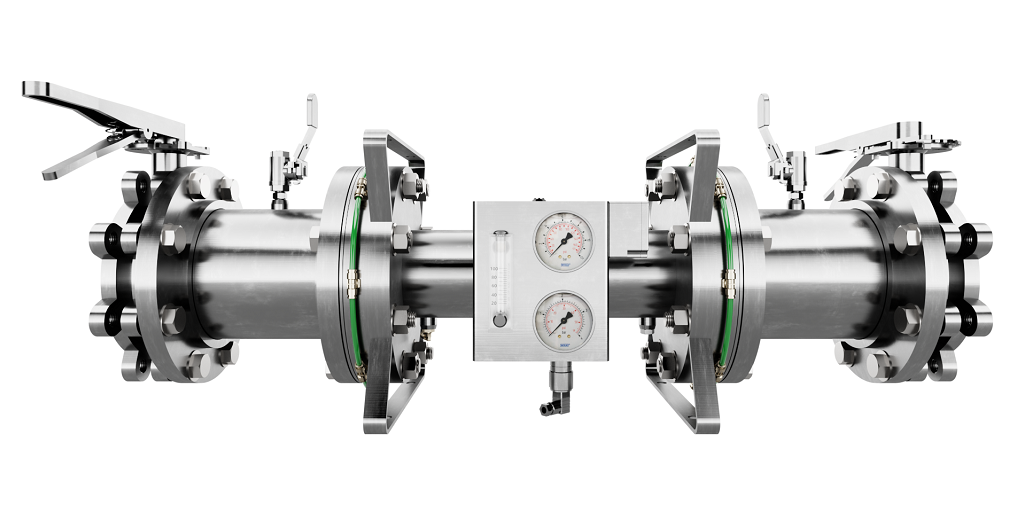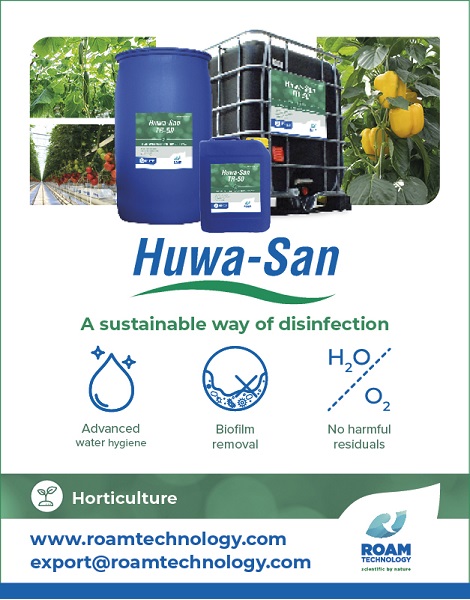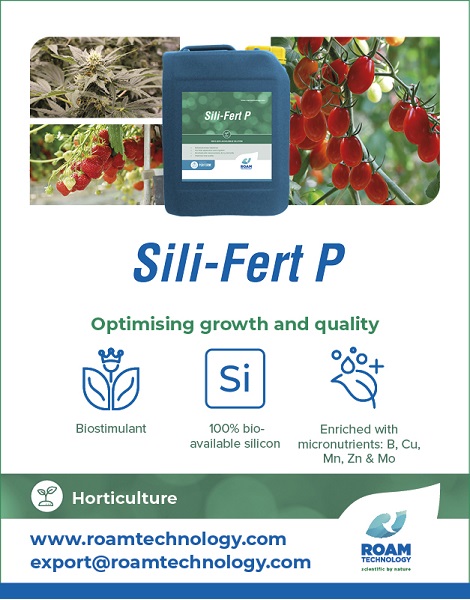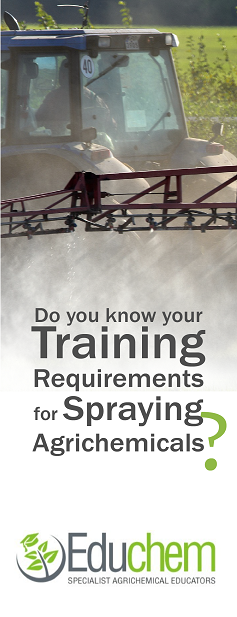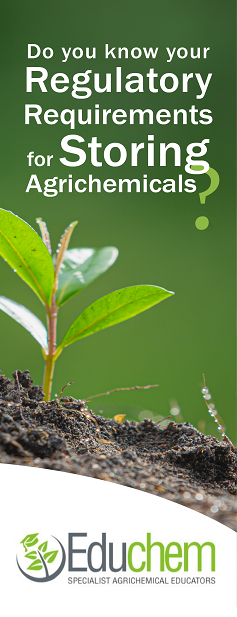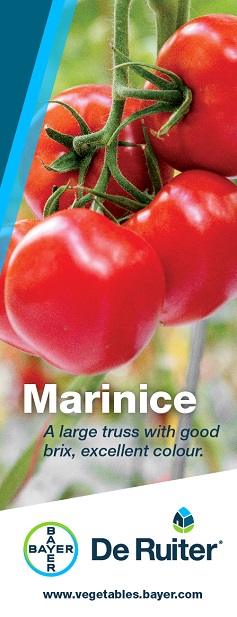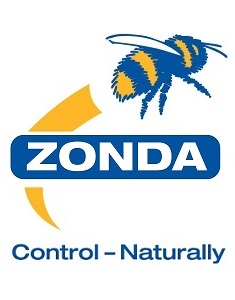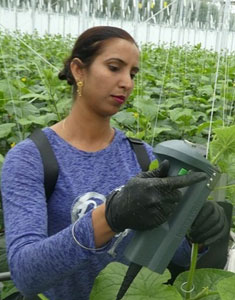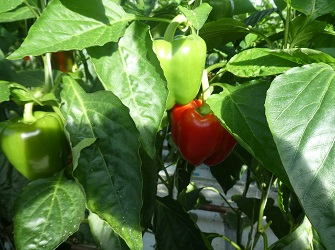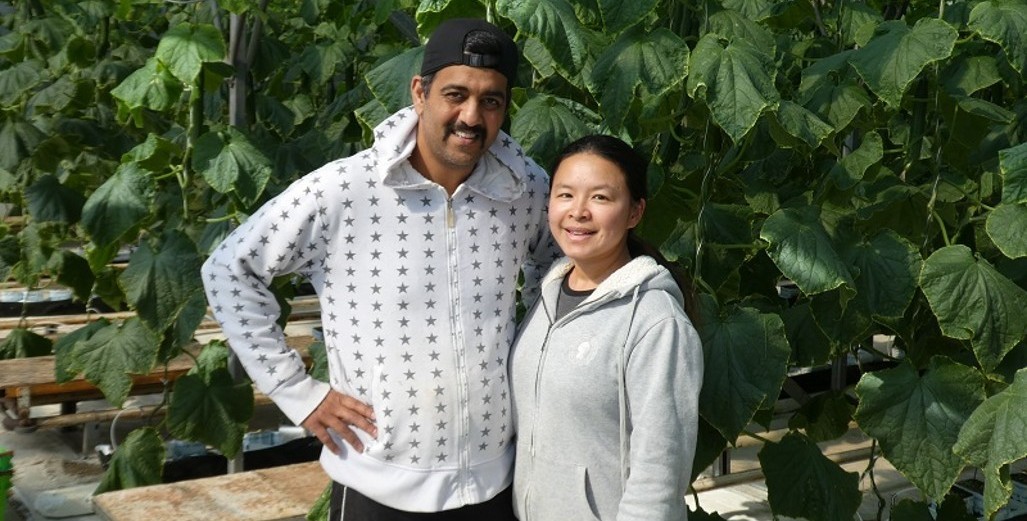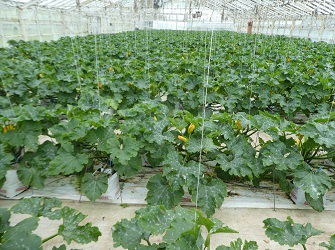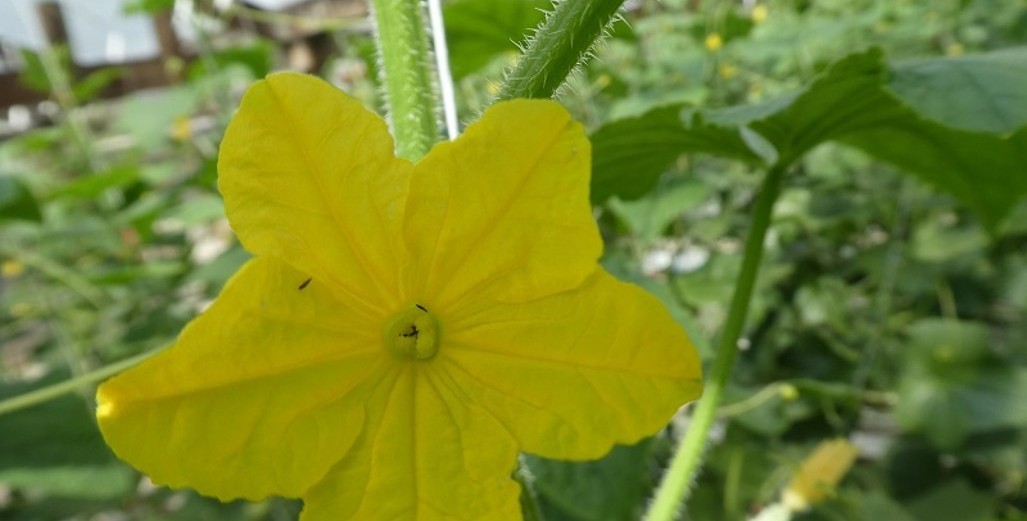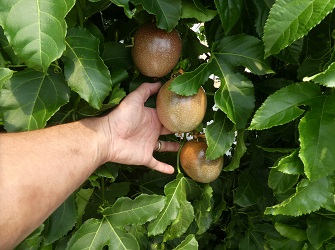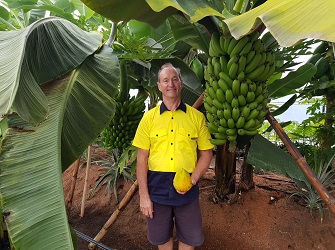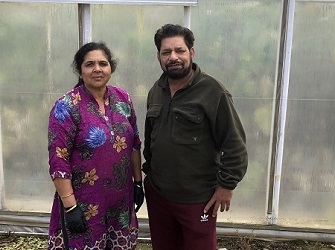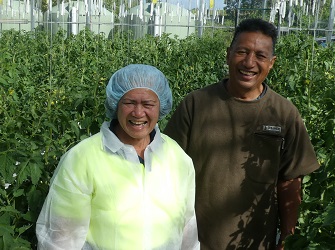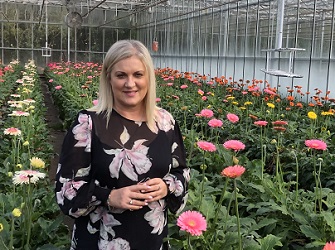Sign up here to subscribe to the Grower2grower Ezine. Every two weeks you will receive new articles, specific to the protected cropping industry, informing you of industry news and events straight to your inbox.
Jan 2024
Synergy – protect plants from various soil-borne pathogens.
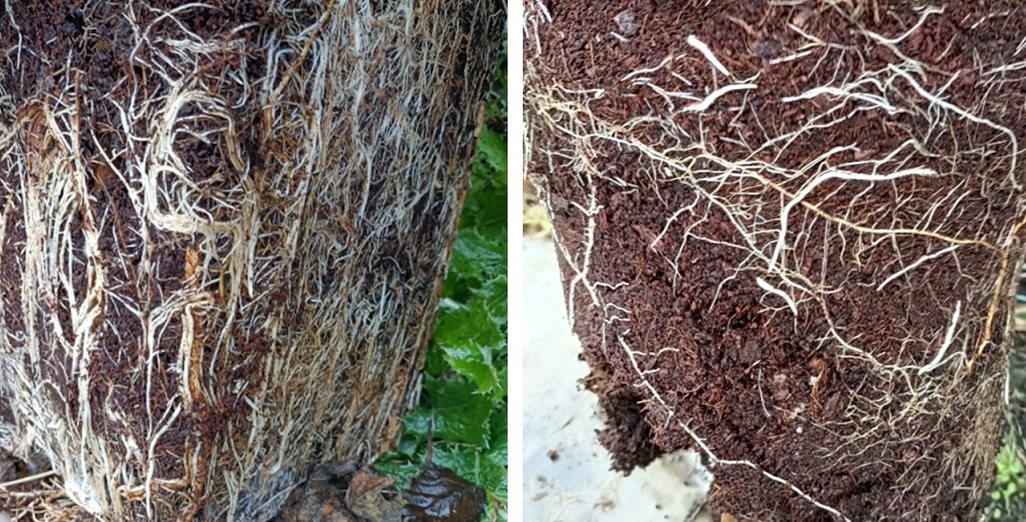
Prodoz International is the New Zealand and Australian distributor of the Seawin Biotech Biological Fertiliser range including Synergy, a uniquely formulated Bacillus subtilis product used for root development and pathogen control. Registered organic in Australia.
Synergy contains Bacillus subtilis, which is a gram-positive, rod-shaped bacteria that has several beneficial properties, particularly in the context of plant growth and crop health. Here are some of the plant benefits associated with using Synergy:
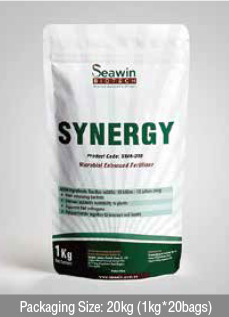
1. Plant Growth Promotion:
- Nutrient Uptake: Bacillus subtilis can enhance the availability of nutrients to plants by solubilizing minerals such as phosphorus and making them more accessible to plant roots.
- Hormone Production: Bacillus subtilis produce plant growth-promoting hormones, such as indole-3-acetic acid (IAA), which can stimulate root development and overall plant growth.
2. Disease Suppression:
- Antibiosis: Bacillus subtilis produces antimicrobial compounds that inhibit the growth of pathogenic bacteria and fungi. This can help prevent diseases caused by these pathogens.
- Competition for Resources: By colonizing the rhizosphere (root zone), Bacillus subtilis competes with harmful microorganisms for space and nutrients, reducing the likelihood of pathogen establishment.
3. Stress Tolerance:
- Abiotic Stress: Bacillus subtilis can enhance plant tolerance to abiotic stresses such as drought, salinity, and temperature extremes. This is often attributed to the induction of stress-responsive genes in plants.
4. Biocontrol:
- Biological Control Agent: Bacillus subtilis is considered a biocontrol agent, as it can protect plants from various soil-borne pathogens. It is used as a component in biological control products to manage plant diseases.
5. Induced Systemic Resistance (ISR):
- Immune System Activation: Bacillus subtilis can trigger the plant’s innate immune response, leading to induced systemic resistance. This enhances the plant’s ability to defend itself against a broad range of pathogens.
6. Seed Coating and Root Inoculation:
- Seed Treatment: Bacillus subtilis can be applied as a seed treatment or as part of a root inoculant to establish beneficial populations early in the plant’s life cycle.
- Biofertilizer: Some strains of Bacillus subtilis contribute to nitrogen fixation and can enhance nutrient availability to plants, acting as a biofertilizer.
7. Environmental Sustainability:
- Reduced Chemical Inputs: Using Bacillus subtilis in agriculture can contribute to sustainable farming practices by reducing the reliance on chemical fertilizers and pesticides.
When using Bacillus subtilis for plant benefits, it’s essential to choose the right strain for the specific crops and conditions. Additionally, application methods and timing are crucial to maximize the positive effects on plant health and growth. This is why Synergy was chosen for its potent strain, high concentration and able to be used in all crops.
Below are images from Australian growers currently using Synergy:
Raspberry Root system – Tasmania (Cover)
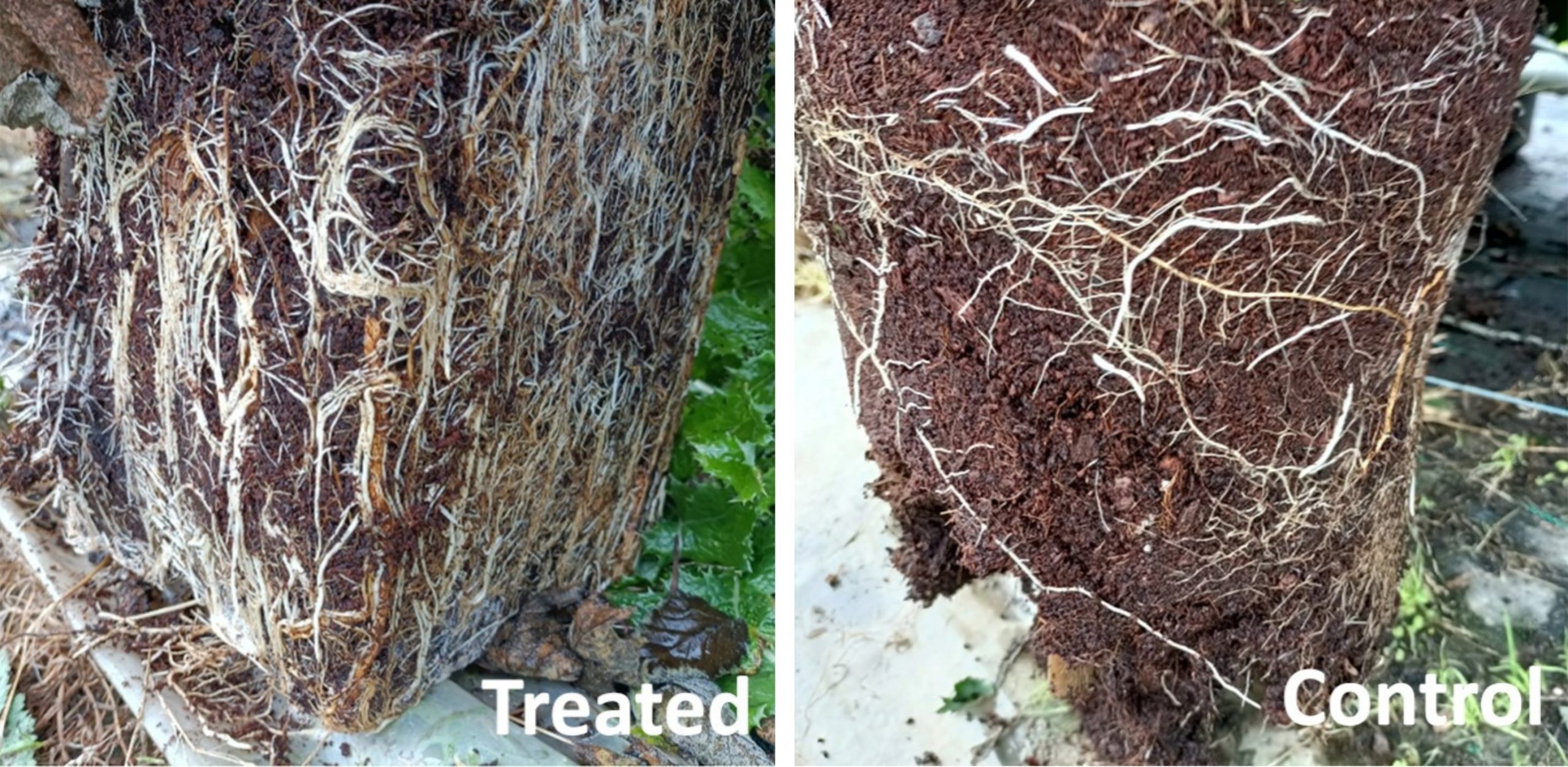
Raspberry Root system – Tasmania (Cover)
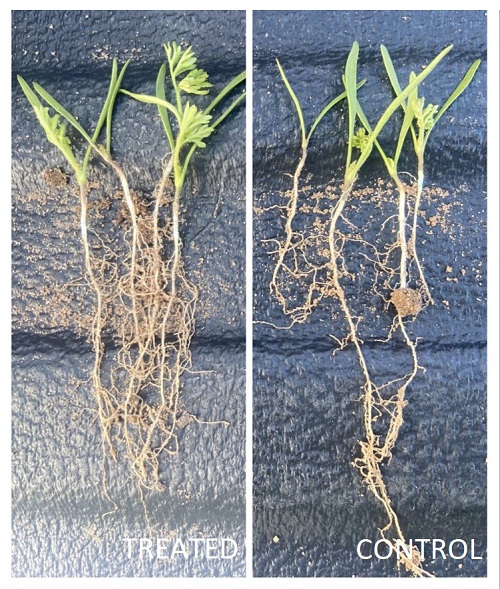
Carrot – South Australia
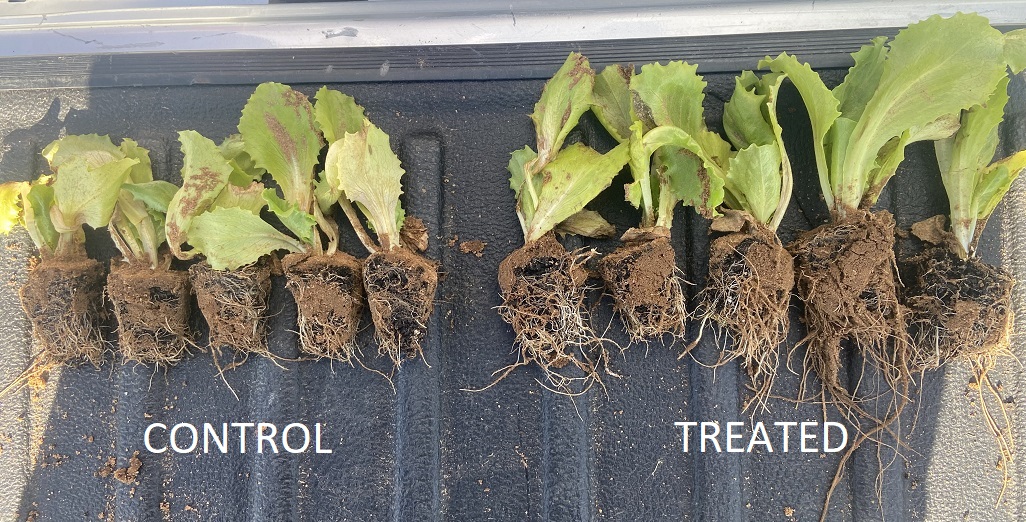
Lettuce Queensland
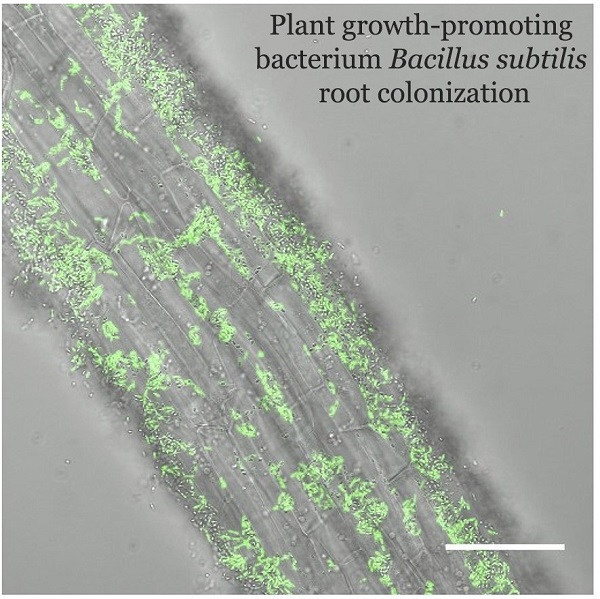
Click on the attachments/links below to learn more about this product including previous trial data.
Thoang Hydroponics – Synergy Trial Report
Effect on verticillium wilt fungi – Synergy
Synergy inhibits the fungus that causes Charcoal Rot[2305843009241779545]
Synergy is available in New Zealand
For more information about this product or to place an order contact:
Zen Kynigos
Crop Science Technologist
(+61) 467 628 493
zen@prodoz.com.au
www.prodoz.com.au
CLASSIFIED
Photo
Gallery
Subscribe to our E-Zine
More
From This Category
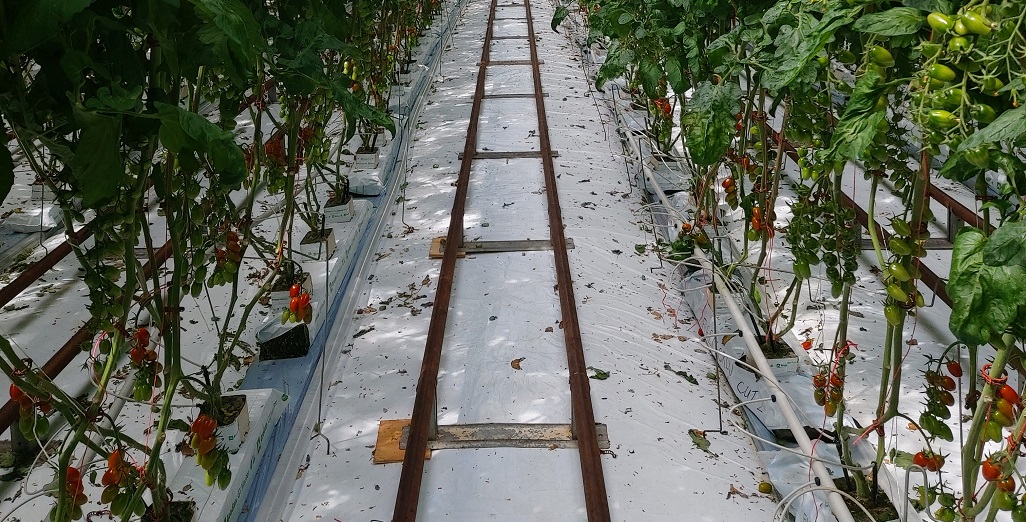
(Best of 2024) Fleecegrow turning wool into substrates a reality
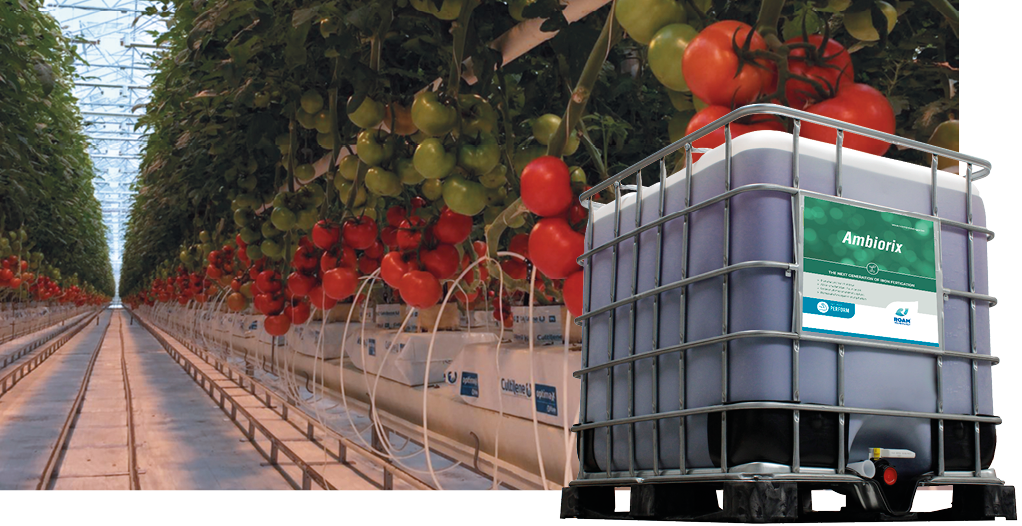
Less fertilisation and higher yields with Ambiorix iron polyphosphate

Bluelab Introduces OnePen™
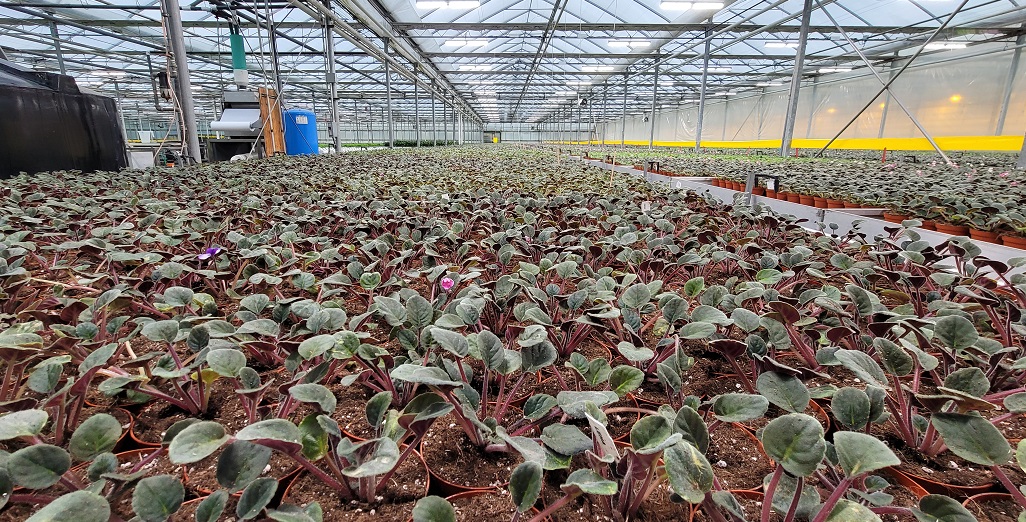
Free Webinar on Controlling Waterborne Pathogens in Greenhouses

Whitepaper elaborates on safe recirculation of irrigation water
